For simplicity there is no RTC, the Atmega32U4 just runs free and millis() is used to estimate the duration. Close enough! The code does include a calibration factor, milliseconds lost per minute. There is also a calibration procedure built in: hold down Start while turning on, run for an exact multiple of minutes, the factor is stored in EEPROM. My device runs at about +170ms/minute although this is no doubt temperature and voltage dependent.
I’ve tweaked the button logic to suit the way I use it, for example, pressing Start while the timer is running resets the timer to 0:00 and continues running.
Since Ponoko closed their Wellington branch, laser-cutting enclosures has become prohibitively expensive (at least until I find a local alternative). Instead, I decided to play around with the PCB, using EasyEDA which I find pretty easy to use and getting boards is relatively cheap and surprisingly quick. The minimum order is 5 boards, so I though I’d use two boards to make the enclosure. One board is populated with the 4-digit 7-segment display, two push-buttons and a “Leonardo Tiny” (ATmega32u4, XC4431). A second board, flipped over, is the top face of the timer. Its all held together with nylon M3 screws, nuts and standoffs. In fact I used a third board underneath to cover the soldered side and provide a clear area to attach rubber feet.

Power comes from a terrible “battery bank” which claimed to provide 5VDC but instead produced nearer 6V.

I hacked the circuit board by removing the two diodes (?) but keeping the on/off switch and USB connector. I inserted a DC-DC converter where two of the 4 AA batteries would go.
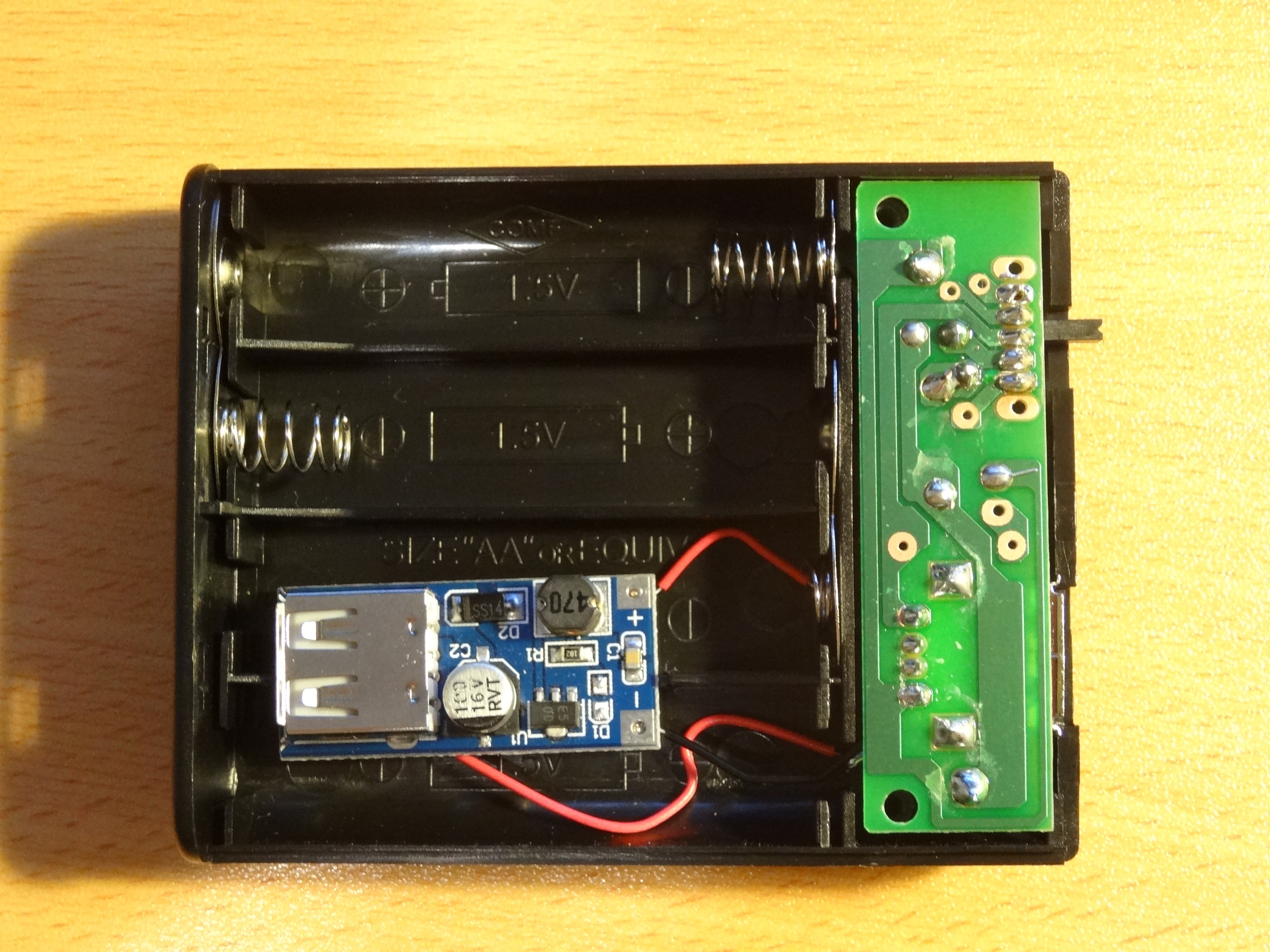
The small 7-segment display came with a pre-soldered header in a really awkward location (the top FFS!):
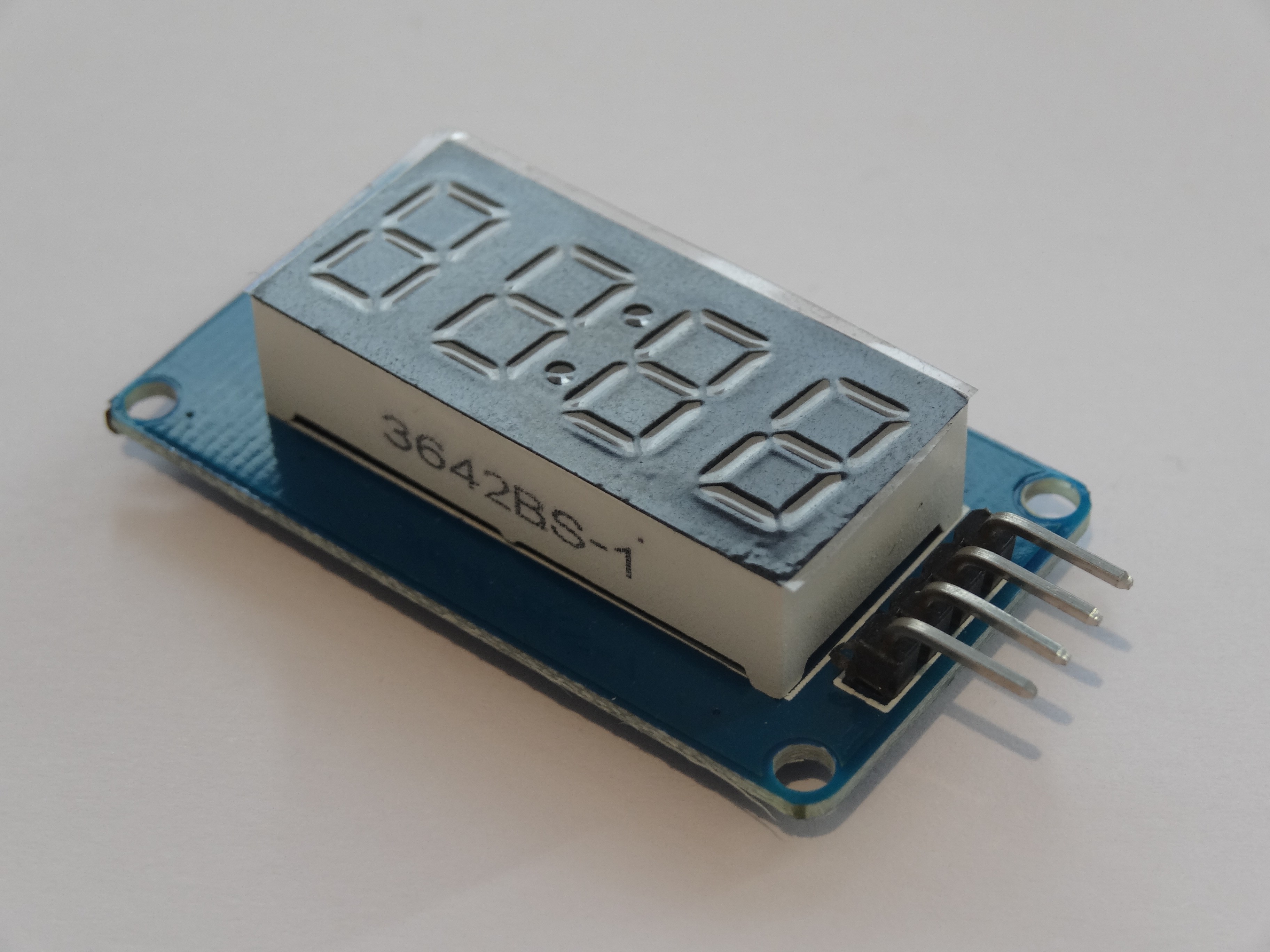
But I managed to modify it reasonably neatly to have downward-facing pins:
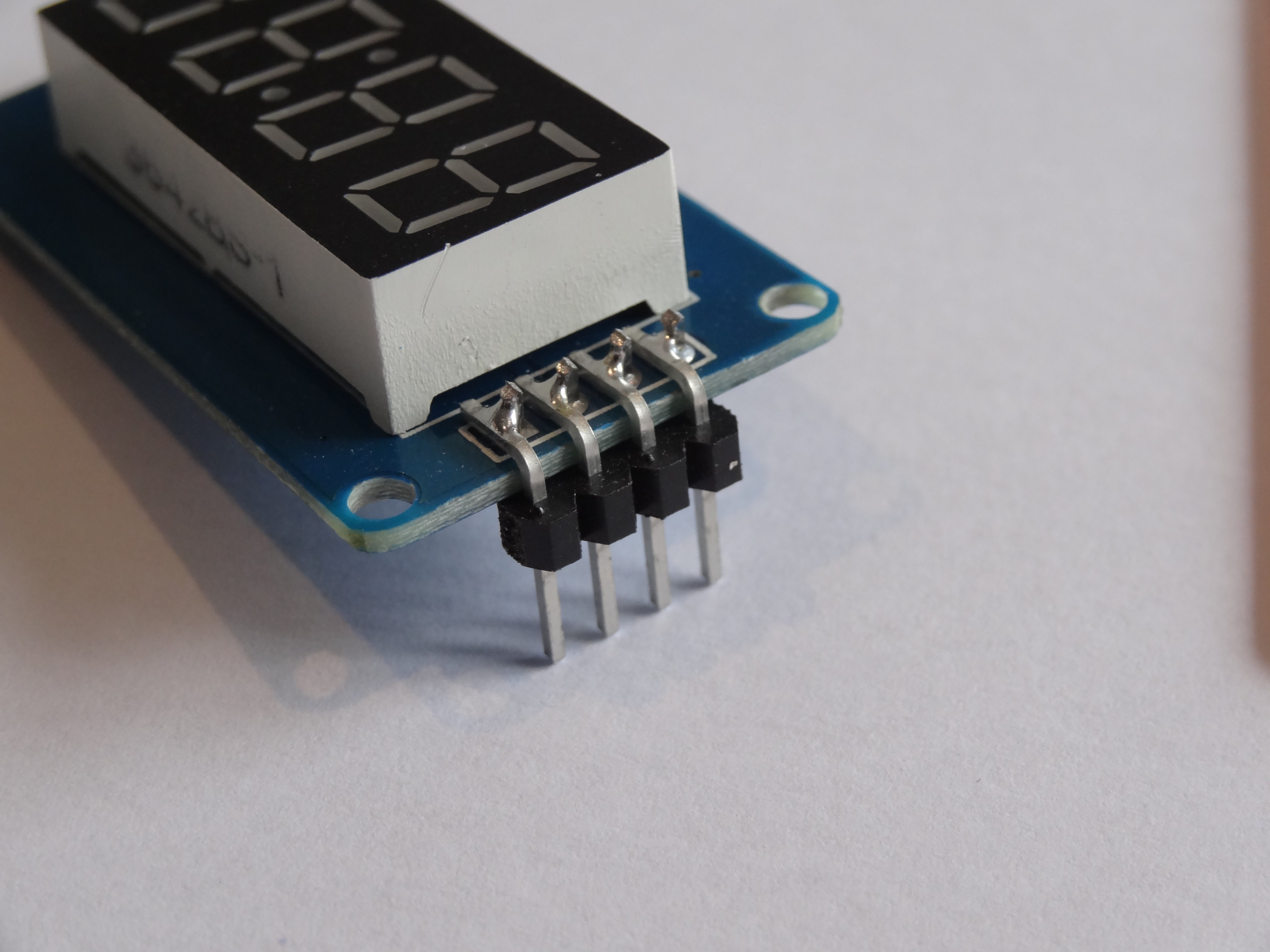
 Mark Wilson
Mark Wilson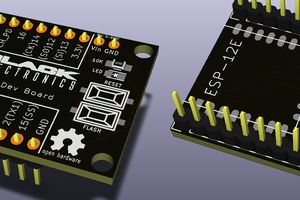
 Hemal Chevli
Hemal Chevli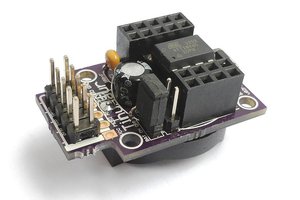
 Neven Boyanov
Neven Boyanov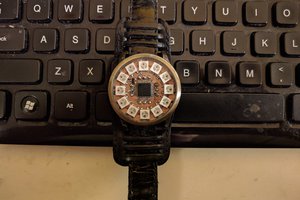
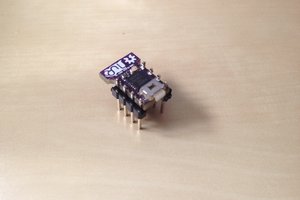
 Daniel Grießhaber
Daniel Grießhaber
"I just finished building a simple Arduino kitchen timer with no RTC, using a lower populated PCB and an upper empty one flipped over. It works perfectly for keeping track of cooking times! If you're into DIY projects like this, you might also enjoy checking out my gaming sites: PS2ROMs.org for PlayStation 2 classics and NintendoROMs.com for Nintendo ROMs. They’re great resources for retro gaming fans!"